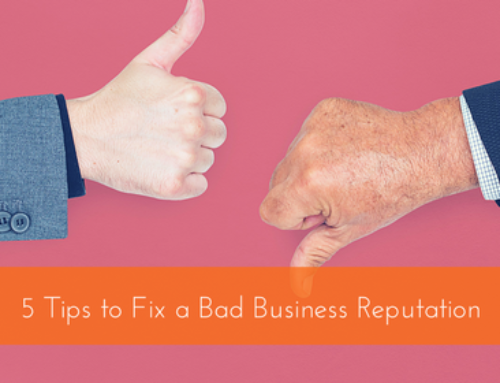As a business owner, a brand, you have a vision and a mission that’s yours alone. You built your company on that vision, right? So, what happens when your beliefs disrupt the brand you’ve worked so hard to build?
It doesn’t seem possible that your own beliefs could harm a business that you built with those same values, but the truth is that it happens every day. In fact, during this time of year, you might hit snags even more often. We just completed an election and we’re heading into several faith-based holidays that take place at the same time of year. It’s easy to accidentally alienate your buyers with even one simple Facebook post. Just ask the owner of GrubHub how that might happen.
To avoid harming your business with your personal brand, consider following these rules.
Clarify Your Brand’s Mission
If your beliefs are so deeply ingrained in your brand that they can’t be separated, then you may want to re-examine your brand’s mission. Unless your brand is built around a particular faith or belief—such as a Christian bookstore or a political T-shirt ecommerce shop—then your personal beliefs should serve only to support the mission.
Examine Buyer Personas
When creating those fictional characters that come to represent your buyers, it’s easy to project your own beliefs and values onto each persona. Be honest with yourself as you identify these groups who are most likely to make purchases.
When examining the psychographic dimensions of your buyers, beliefs and faith may come into the picture. Each of your buyer personas is meant to represent the majority of your buyers, but it won’t cover everything. Those outliers are important, too. There are more of them than you might think, and a disagreement on personal beliefs could harm your bottom line.
Stay True to Yourself—But Keep It Separate
As we mentioned before, the mission of your brand is often a direct result of your beliefs. It’s important to remain true to your own beliefs, but keep some things separate from your branded collateral.
Your personal social media platforms are exactly that: personal. In theory, you can publish whatever you wish on your own personal accounts. If you’ve worked hard to build a personal brand, then you’re already aware of the potential drawbacks. Even without posting on your branded social media platforms or your company website, your posts can harm your business.
You’re a public figure, as the owner of your business. What you believe and what you share about those beliefs with the world, personal spaces or not, can change the way your buyers perceive your entire brand. That’s why, even for the most strongly held beliefs, your thoughts are better kept out of public spaces.
It is your company’s mission and vision that draws your brand advocates—not your own personal convictions. Let your mission speak for itself, and then watch your advocates speak for your brand.






